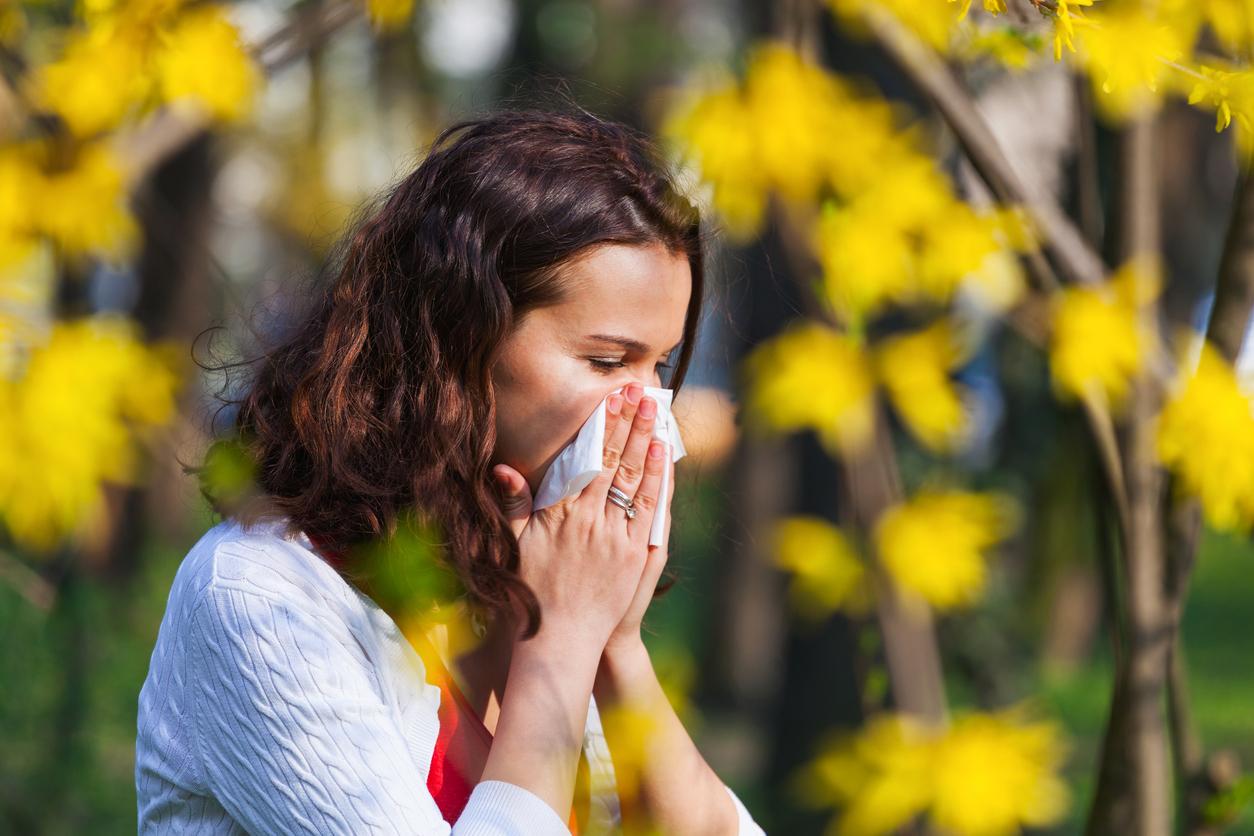Egg intolerance is one of the most common food allergies in children.

After receiving oral immunotherapy (eOIT), some people with egg allergies have been able to eat eggs safely for five years. This is the result of new research, presented by its director Edwin Kim at the annual conference of the American Academy of Allergy, Asthma and Immunology (AAAAI).
Peace of mind
“Egg allergy is one of the most common food allergies and usually appears in early childhood. It poses a significant risk of serious allergic reactions and impairs the quality of life of allergic children,” said Edwin Kim. “Although the allergy usually goes away with age, it can last longer. Any treatment that can introduce the egg into an allergic person’s diet provides nutritional benefits and peace of mind. for the patient and their family,” she adds.
55 patients aged 5 to 11, all allergic to eggs, received either immunotherapy or a placebo. Treatments lasted for up to four years, during which the patients’ sensitivity to the egg was tested. At the end, only 22% of the patients who followed the immunotherapy were still allergic. “These results support the efficacy of oral immunotherapy as a safe way to desensitize children with egg allergies. Any amount of eggs incorporated into an allergic patient’s diet is helpful,” Edwin Kim concluded.
Symptoms of an egg allergy
Symptoms of an allergy usually occur just minutes after the egg has been eaten. However, it is also possible for reactions to appear 2 to 4 hours after ingestion. Here are the most common symptoms: nausea, vomiting; cramps; diarrhoea; tingling sensation in the mouth; skin rashes and redness; itching, hives, eczema; runny nose, sneezing; difficulty breathing, coughing, wheezing; irritated and watery eyes.
The prevalence of egg allergy is estimated at around 9.5% of the child population and 1.5% of the general population in France. Currently, some 3% of the population have a progressive food allergy and 8% of children have a food allergy, this figure including atopic dermatitis. In 1970, only 1% of the population was concerned.
Dissemination of new allergens
“The evolution of lifestyles, the availability for the greatest number of foods from distant countries, the ever more advanced processing of food products contribute to the dissemination of new allergens, sometimes in masked form, which creates difficulties for risk assessment”, notes the Ministry of Health.

.

















